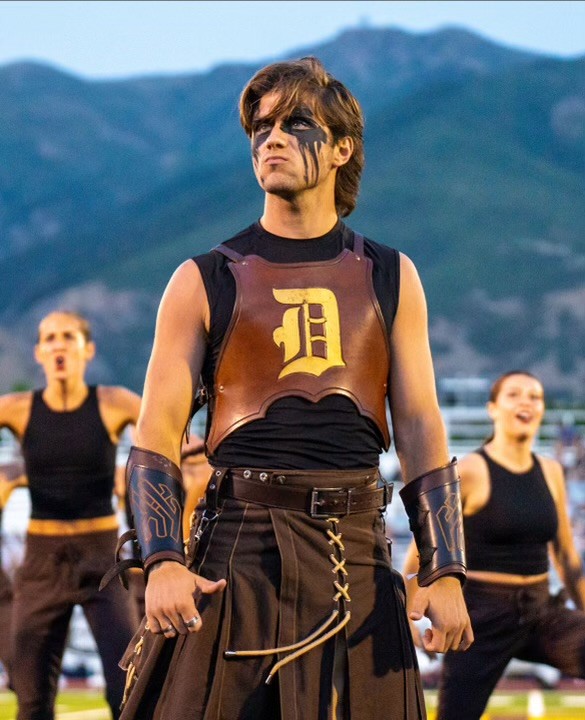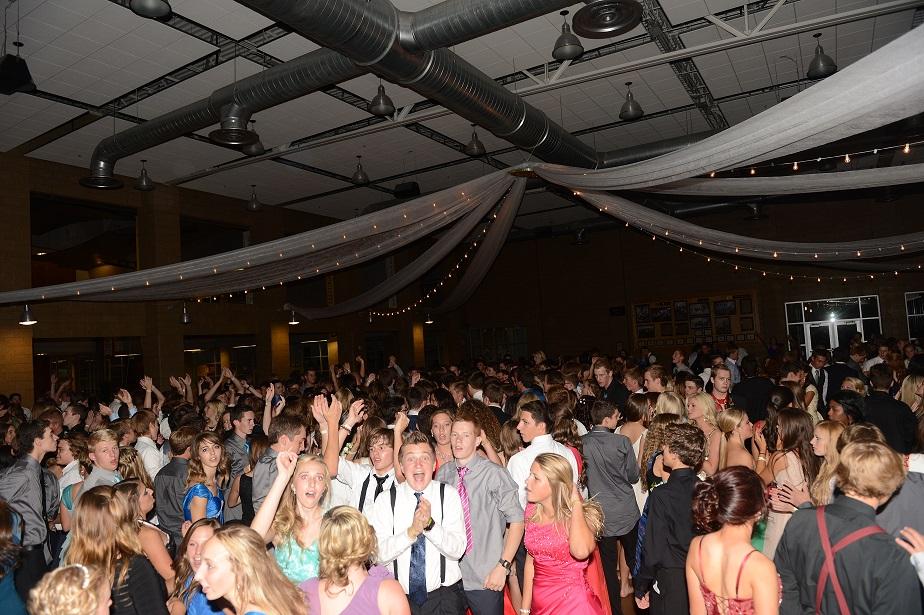Bob Marley: One Love Review
Bob Marley was an enigma; a fascinatingly unique idealist as most famous musicians are. Born into poverty in Nine Mile, Jamaica, a young Bob Marley had weak singing pipes but a stubborn drive to be heard. He put himself into the voice of his island and beyond, belting reggae anthems that have become anthems to the world’s downtrodden, as well as anyone who likes a good groove. He died in 1981 at the age of 36 before he had to witness his legacy undergo a tough cross-examination. Did Marley’s generosity to strangers balance out his dismissal of his own wife? Did his own painful childhood pardon him for being a distant father? Did his sincere proclamations of peace and unity accomplish anything — and is it fair of us to expect that they should?
The story directly spans 1976 through 1978: Marley, already a formidable political voice in Jamaica, is planning a unity concert to stop the violence inflicted by two warring political leaders. We’re quickly introduced to Marley’s big family—the singer had many kids through his wife and affairs, a fact the film does note—his supportive wife Rita, his nefarious manager, and a few of members of his backing band, the Wailers. With his home being located in a compound, surrounded by high walls and men with machine guns, we already get the sense that Marley’s life is persistently in danger. We also learn that he loves jogging and soccer. And that’s about it.
For a time, the film tricks you into thinking it’s about the Jamaica peace concert. Unfortunately, we zoom through the gig, as though the creatives are scared to go longer than the first ten minutes without music happening. There is no sense of Marley’s artistry, the political forces happening on the ground, or the imperative people in his life before Donald, Rita, and Marley are shot by assassins, causing the ailing trio to leave the country. Marley and his Wailers opt for London, where they begin recording a new record. Rita and the family go to Delaware to live with Marley’s mother. Why she lives in the United States is never really explained, and she’s barely seen during this time.
During the later years of his life, it shows Marley falling apart, as many people in his life are going against him in his quest. Rita has a quick yet powerful argument with Marley after the scene where Bob is meeting many famous people in London at a party. Rita explains to him how once your famous, you can’t let go of the people that have helped you along the way, and it humbles Marley and sets the stage for the end of the film.
In the spring of 1978, a now famous Bob Marley returns to Jamaica for yet another peace concert because tensions have risen in his hometown. Unfortunately, the film only shows the start of the concert before cutting to real-life photos and videos of Bob performing in Jamaica before the end credits. This is unsatisfying and it leaves the film feeling incomplete or feeling like it had a cliffhanger ending. It almost feels as if the film ran out of time and decided to just end at this moment.
Along the way, the film touches on such disparate subjects as Marley’s passion for soccer, the rise of the Clash (whose influence by reggae is never mentioned), Marley’s desire to do a tour of Africa, his indifference to looking after his health after he receives a diagnosis of melanoma (the cancer that killed him in 1981), and the austere album cover art for “Exodus” (Michael Gandolfini plays a callow record-company executive who can’t bear the thought that Marley’s image won’t be on it). According to a closing title, Time magazine chose “Exodus” as the greatest album of the 20th century.
In conclusion, if you are looking for a movie to showcase Bob Marleys full life, including his influences, early years, and later years, this movie is not for you. Bob Marley: One Love pinpoints in on one specific time in the Reggae stars life and goes in detail on that. In all, I would give the movie a 6.5/10

























